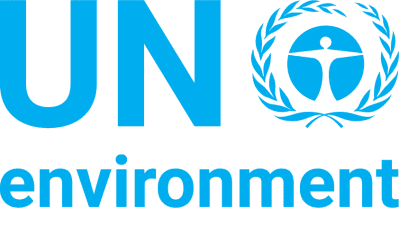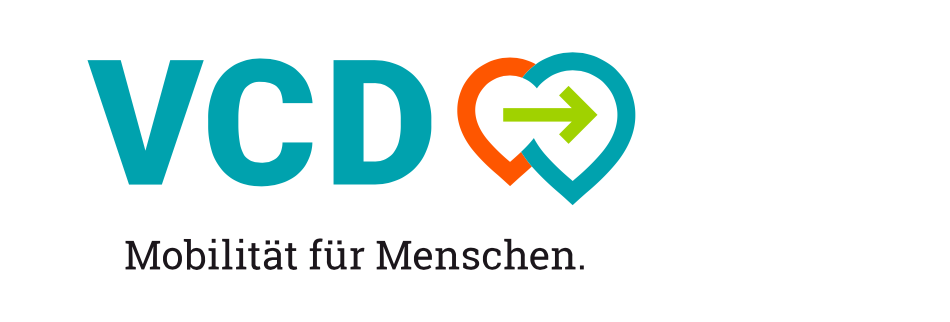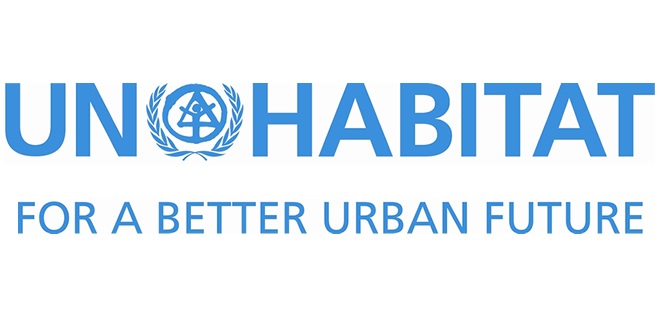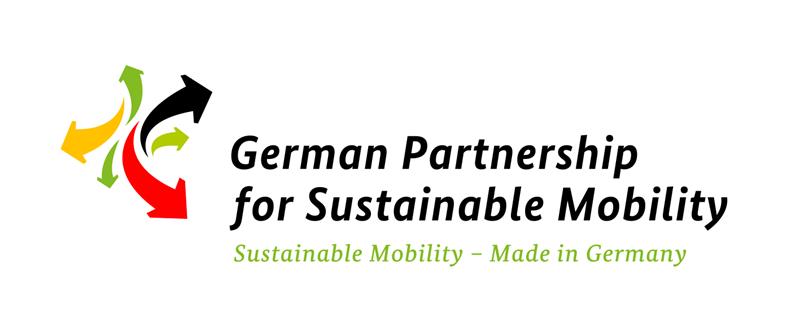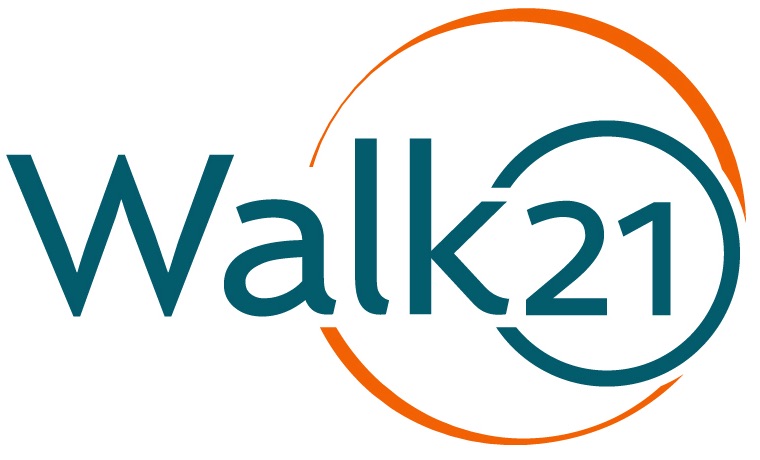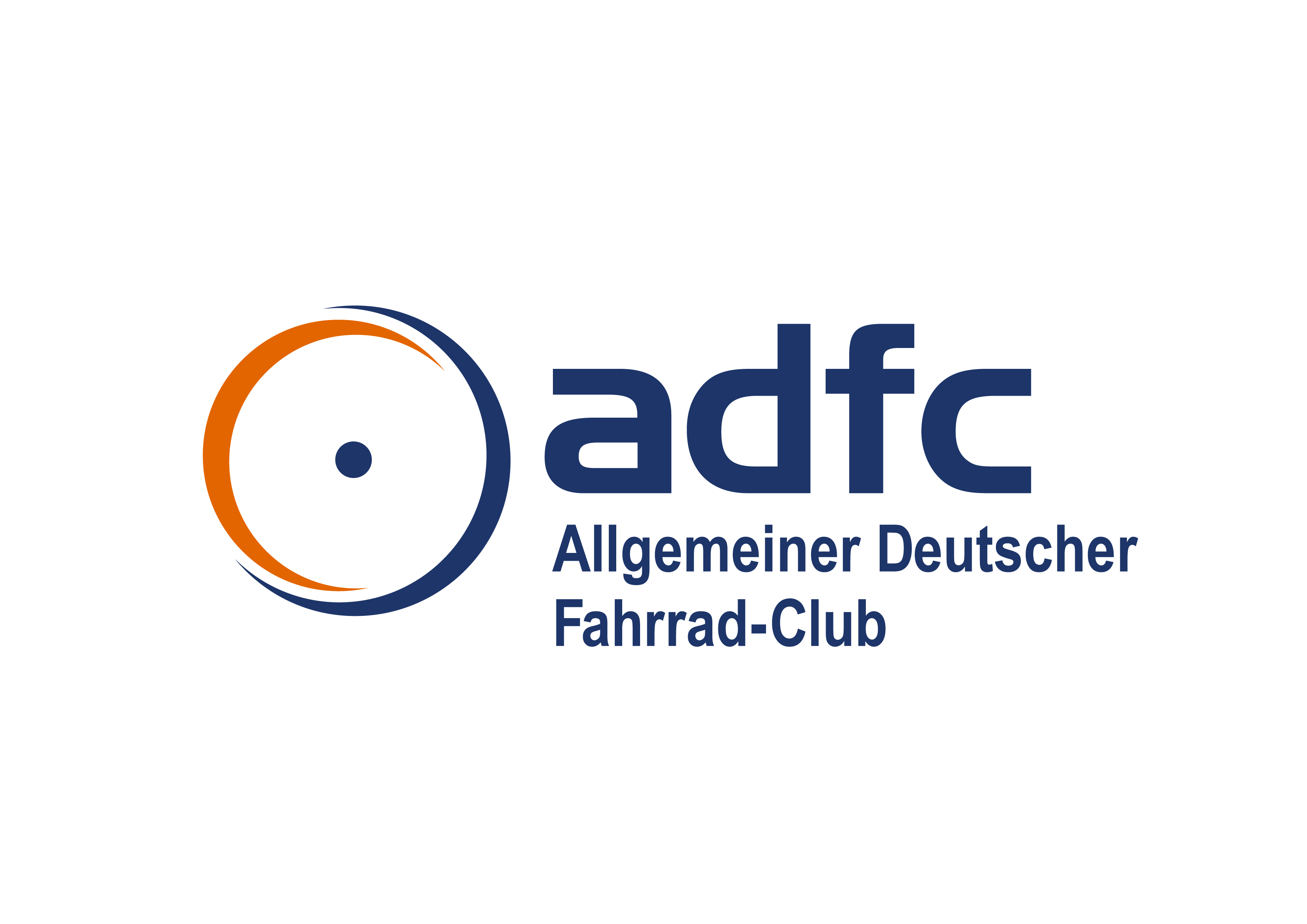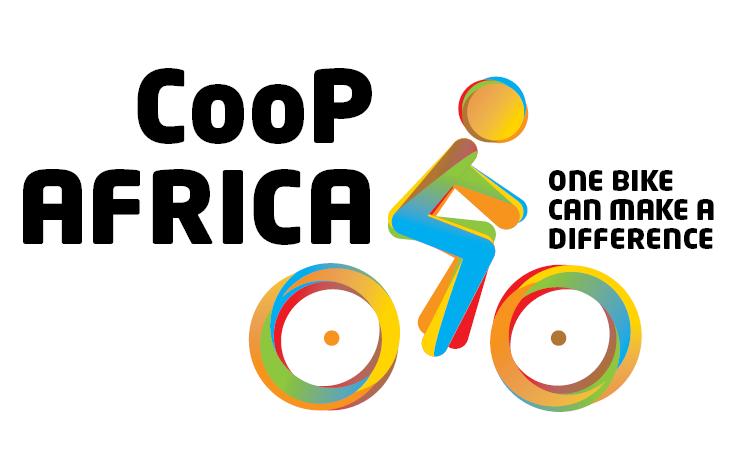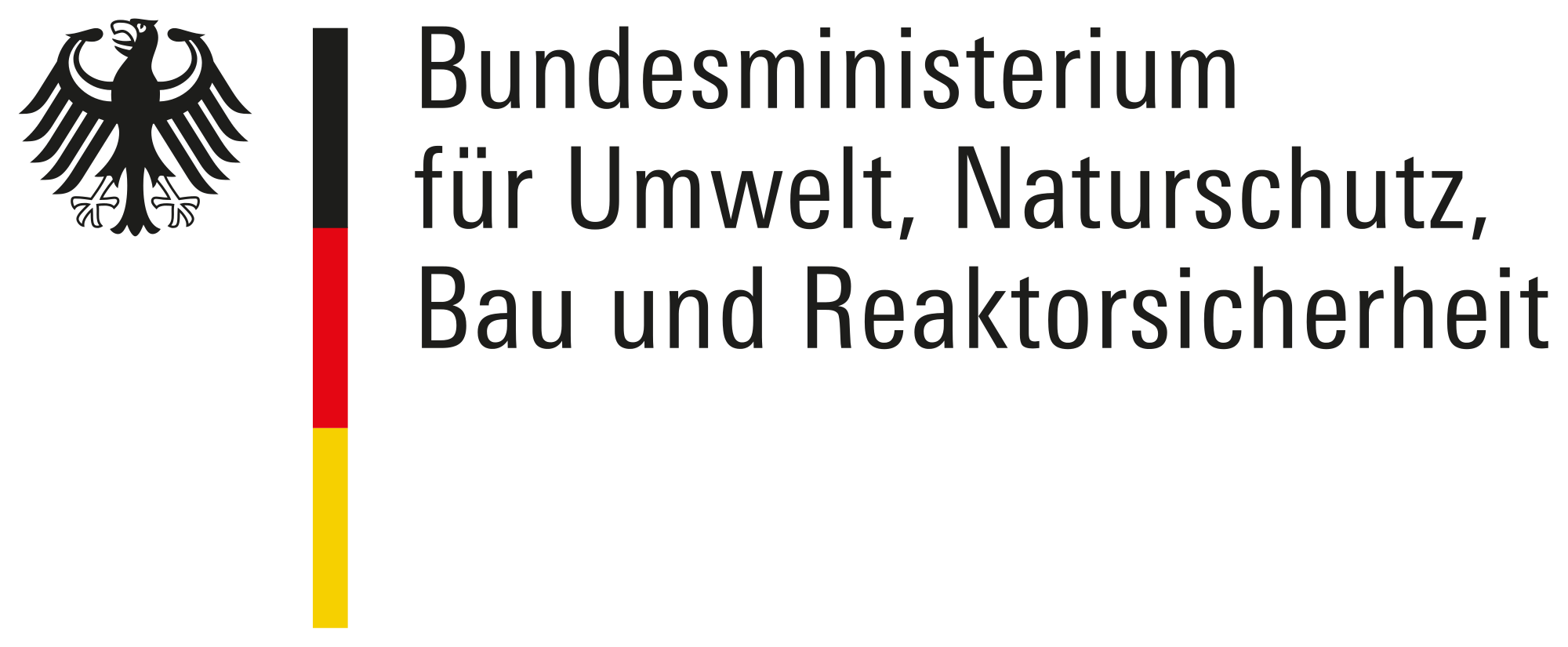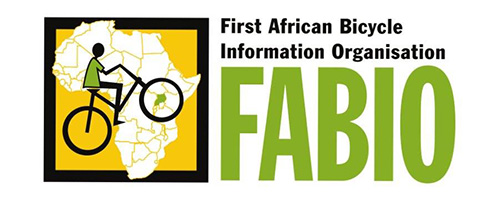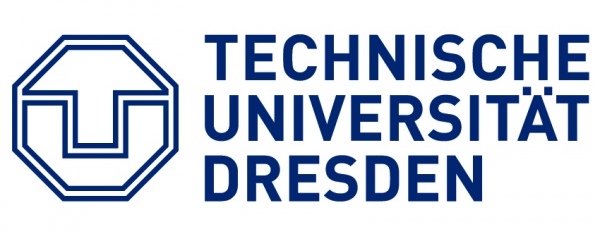develop good transport governance
A NON PROFIT ORGANISATION
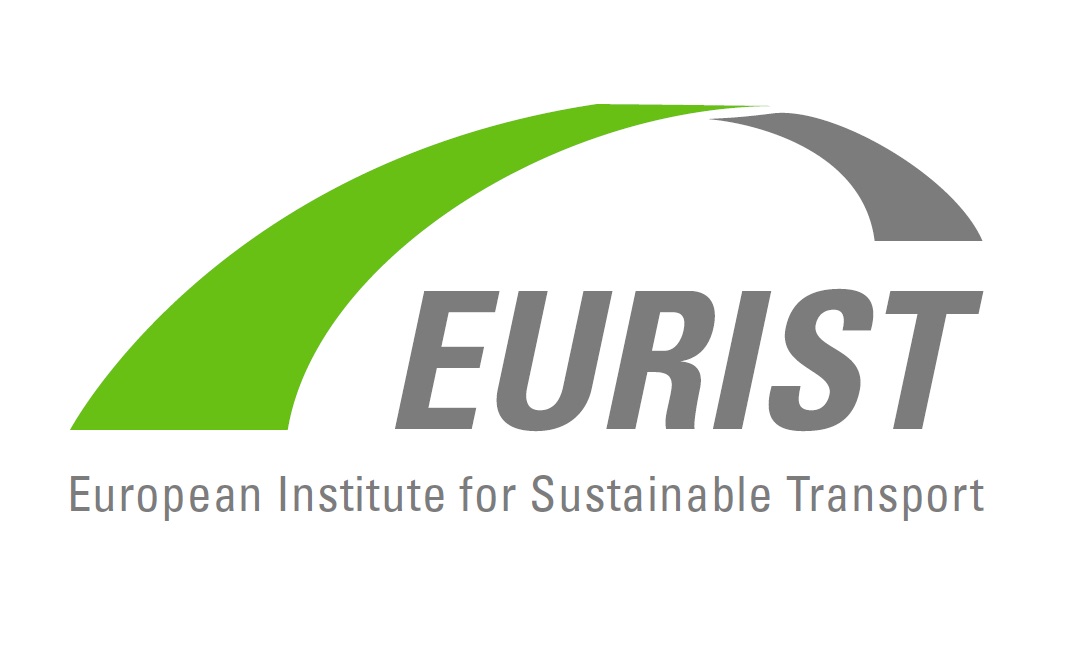
European Institute for Sustainable Transport
EURIST – Who are we?
We are a non-governmental organisation promoting policies that improve the environmental, social and economic sustainability of transport and mobility around the world. Our work focuses on the relation between transport and CO2 emission reduction, transport and the Millennium Development Goals, Poverty Alleviation, Environmental Protection, Road Safety and Freight. EURIST is based in Hamburg, Germany´s second biggest city and economic hub for northern Europe. We work with an extensive network
of national and international partners.
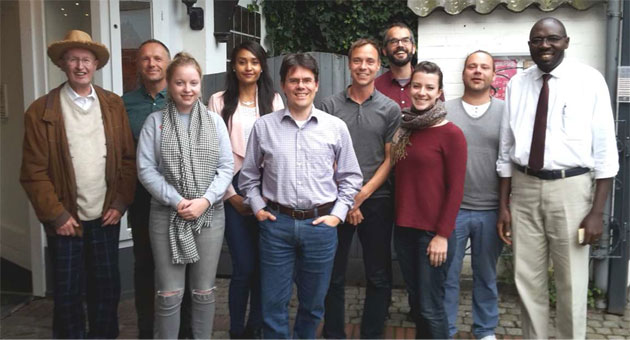
What we do
As a Centre of Competence for Sustainable Transport we transfer best practice to cities, local and regional governments. We provide project assistance, capacity building, lectures and seminars on different areas in passenger and freight transport.
The Problem
Most cities or regions receiving international assistance to make their transport systems more sustainable are often focused on technological solutions and do not have a holistic long-term policy.
Our Strategy
The Avoid-shift-improve strategy aims on a combination of non technological and technological solutions in a tailormade package for a specific geographical, cultural and social context.
The Challenge
The development of sustainable transport and mobility systems in an increasingly urbanised world will become one of the most challenging global issues of the future.
Helping You Achieve Success
Our Vision
CREATING NEW MOBILTY
As a non-profit organisation we want to help cities, governments and communities to develop good transport governance and reform local and national transport systems, reducing transport needs, shifting to more sustainable modes and improveing the systems efficiency.
AVOID Strategy
The attractiveness of a car is inversely proportional to settlement density. An “AVOID” strategy should therefore develop compact communities with a mix of functions within short range including housing, recreation, work and supply infrastructures.
This does not only pave the way for individual non motorized transport solutions like cycling and walking, it is also the ideal scenario for effective public transport systems or freight logistics because it generates bigger demands.
IMPROVE Strategy
Technological improvements are clearly another way of reducing emissions in the transport sector. However to contribute to a sustainable transformation of mobility they need to be implanted in a bigger scale scenario which is able to use them efficiently.Low-carbon electric cars, for instance, are widely regarded as a technological alternative to conventional vehicles. To use them effectively however it is necessary to find solutions for various related issues like their limited range, new forms to include charging devices in the urban environment or ways to ensure the sustainable production of the electricity to power them.
SHIFT Stratetgy
“SHIFT” strategies consist of non- technological solutions with high potential to reduce greenhouse gas emissions in transport through the reduction of trips and trip-distances.
PUSH and PULL measures, like Speed management or reduction in the supply of parking on one hand and incentives in service quality for the alternative modes fo transport on the other hand are able to shift mobility habits from the use of individual motorized vehicles to alternative modes.
GOOD GOVERNANCE Strategy
Sustainable Mobility is not only an environmental issue but also key prerequisite for social and economic development. Good governance should recognise this necessity and integrate urban planning and transport planning creating liveable cities with safer roads, quality spaces, and better accessibility even for the underprivileged, resulting in a plus of opportunities.
The Avoid – Shift – Improve Strategy is suitable to apply it not only on urban scale transport planning but as well on national and even international scale. The bigger the scale, the bigger the need of comparable data and indicators, which can be used to spread and apply new standards in transport.
Prof. Kurt Bodewig
former German Transport Minister
“Especially EURIST´s focus on public transport and the increased use of the bicycle in urban mobility are important to me. Due to my experience as a former Transport Minister I strongly support an increase of safe walking and cycling and the use of public transport.“
„EURISTs work is important to me, because in the EU, transport is now responsible for 30% of all CO2 emissions. While in the industry since 1990, CO2 emissions were reduced by 34%; in the energy sector by 17% and in households by 14%, they have risen by almost 30% in traffic. This way traffic cancels out more than twice of what has been achieved in other sectors with billions of our tax dollars.“
„Supporting EURIST is a matter close to my heart. In Africa, a simple bicycle is the chance to improve the living conditions of an entire family. It makes daily work easier for women and girls and helps to save time. Time that is then available for other important tasks such as homework.“
„Safe cycling conditions are important to all. As a patron of EURIST´s global Cycling Projects I can emphasise this goal even better…”
Our Projects
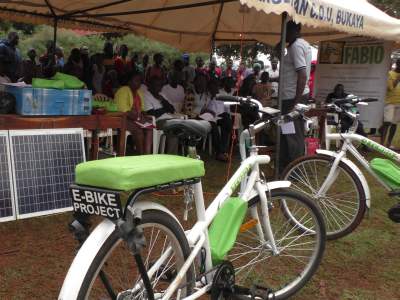
Bike Projects
Being a sustainable transport NGO, promoting the use of bicycles and engaging in such projects is part of EURIST’s fundamental aspects.
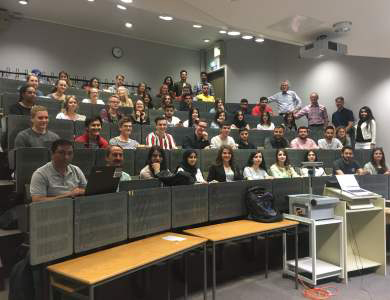
EURIST Lectures and Webinars
Due to its direct involvement in cities transport policies and projects around the world, EURIST experts are invited by universities to give lectures on sustainable mobility.

Study Tours
It offers not only students but also decision makers the chance of appreciating practices in a chosen field in a way that lectures and presentations cannot.
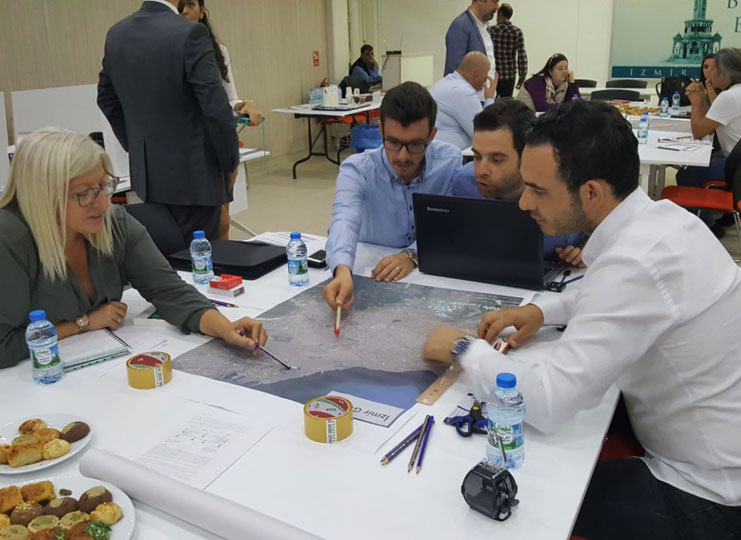
Project Initiation
Steps from project idea to „cutting the red tape“ are generally based on a comprehensive stakeholder involvement throughout the project’s phases.
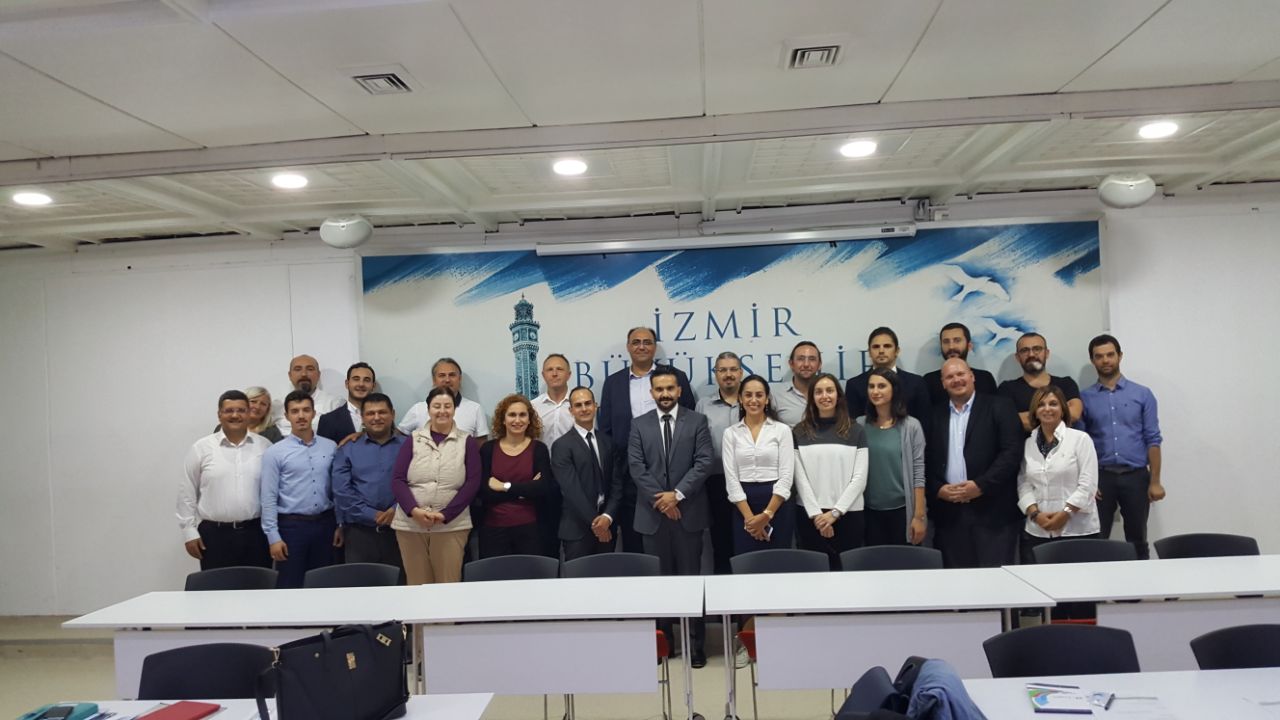
Research, Awareness Raising and Education
Through research and analysis we are developing to date knowledge on best transport practices and policies, which is our main product.
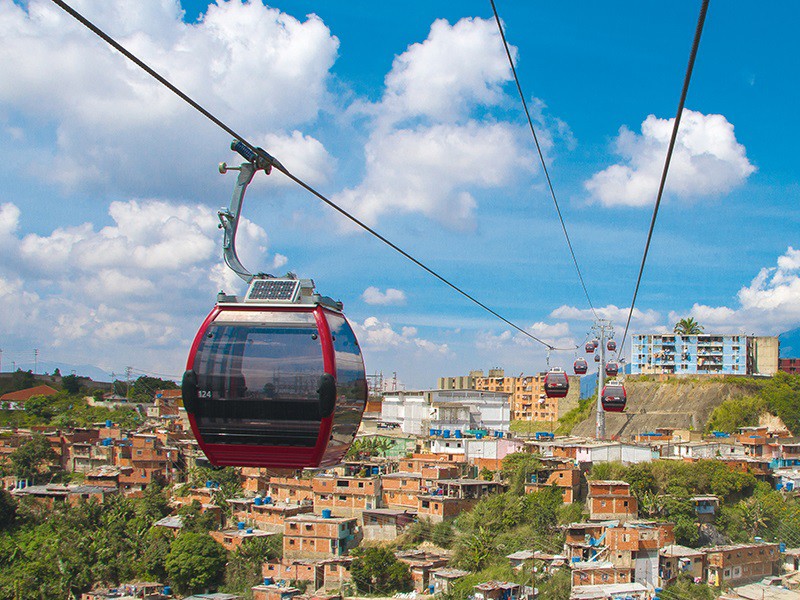
Urban Ropeways
Urban Ropeways: A tool for intermodal public transport and urban development.
Get in touch!
If you want to contact us or if you want to be part of EURIST,
please do not hestitate to get in touch with us.
Eurist
Weidenbaumsweg 13-15
21029 Hamburg

